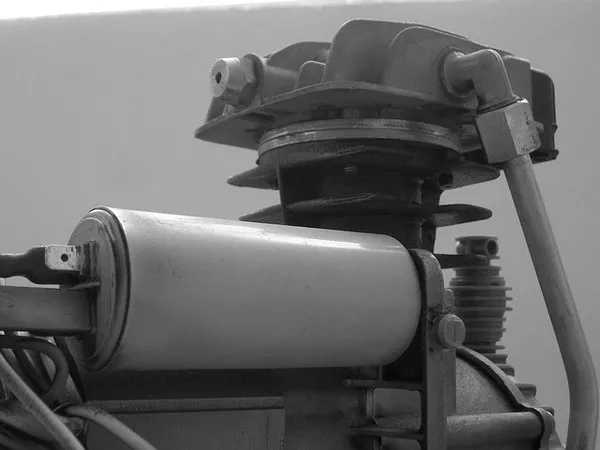In the realm of refrigeration technology, the evaporator fan serves as an unsung hero, quietly performing a crucial role in maintaining the integrity and efficiency of refrigeration systems. While often overlooked, the evaporator fan plays a pivotal role in ensuring the proper functioning of refrigerators, freezers, air conditioners, and various other cooling systems. This article aims to delve into the workings of the evaporator fan, its significance in refrigeration systems, and the impact it has on temperature control and energy efficiency.
Understanding the Evaporator Fan:
At its core, the evaporator fan is a mechanical device designed to circulate air within the evaporator coil of a refrigeration system. Located in the freezer or refrigeration compartment, the evaporator coil facilitates the transfer of heat from the interior of the unit to the refrigerant circulating within the system. As the refrigerant absorbs heat from the air, it undergoes a phase change from a liquid to a gas, effectively cooling the air inside the compartment.
The Role of the Evaporator Fan:
The primary function of the evaporator fan is to enhance heat exchange within the evaporator coil by promoting airflow across its surface. By continuously circulating air, the evaporator fan ensures that the refrigerant can absorb heat efficiently, allowing for rapid cooling of the enclosed space. Without the evaporator fan, stagnant air would envelop the evaporator coil, hindering the transfer of heat and compromising the cooling process.
Temperature Regulation:
One of the key benefits of the evaporator fan is its role in maintaining uniform temperatures throughout the refrigerated space. By circulating air evenly, the fan helps prevent temperature variations within the compartment, ensuring that perishable goods remain fresh and safe for consumption. This consistent temperature distribution is particularly crucial in commercial refrigeration applications, where precise temperature control is essential for preserving food quality and minimizing spoilage.
Energy Efficiency:
In addition to temperature regulation, the evaporator fan also plays a significant role in optimizing energy efficiency within refrigeration systems. By promoting airflow across the evaporator coil, the fan enables the refrigeration system to operate more efficiently, reducing the workload on the compressor and other components. This, in turn, leads to lower energy consumption and decreased operating costs, making the evaporator fan a vital component for both residential and commercial refrigeration systems.
Defrosting Mechanisms:
In frost-free refrigeration systems, the evaporator fan also assists in the defrosting process by facilitating the circulation of warm air during defrost cycles. When frost accumulates on the evaporator coil over time, it can impair heat transfer and compromise the efficiency of the refrigeration system. To prevent this, modern refrigerators and freezers are equipped with automatic defrost mechanisms that periodically melt away accumulated frost. The evaporator fan helps distribute the warm air generated during defrost cycles, accelerating the melting process and ensuring that the evaporator coil remains free of ice buildup.
Types of Evaporator Fans:
Evaporator fans come in various shapes and sizes, depending on the specific requirements of the refrigeration system. In residential refrigerators and freezers, for example, evaporator fans are typically small and compact, designed to fit within the confined spaces of the appliance. In contrast, commercial refrigeration systems may utilize larger and more powerful evaporator fans to accommodate higher cooling capacities and larger storage volumes.
Maintenance and Care:
Proper maintenance of the evaporator fan is essential to ensure optimal performance and longevity of the refrigeration system. Over time, dust, debris, and other contaminants can accumulate on the fan blades, inhibiting airflow and reducing efficiency. Regular cleaning and inspection of the evaporator fan can help prevent these issues and ensure that the refrigeration system operates smoothly.
See Also What Is The Basic Principle Of Refrigeration
Conclusion:
In conclusion, the evaporator fan plays a vital role in refrigeration systems, facilitating heat exchange, temperature regulation, and energy efficiency. By circulating air within the evaporator coil, the fan enables rapid cooling of the enclosed space while ensuring uniform temperature distribution. Additionally, the evaporator fan assists in the defrosting process, helping to maintain optimal performance and prevent ice buildup. With proper maintenance and care, the evaporator fan can continue to perform its essential function, ensuring the reliable operation of refrigeration systems for years to come.

